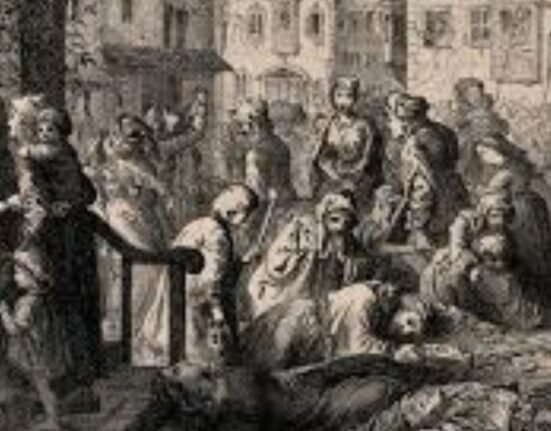HQ Team
November 18, 2022: The World Health Organization (WHO) wants pharmaceutical companies to disclose prices and deals agreed upon for any products they make to fight future global health emergencies.
The WHO has drafted an agreement for its 194 member countries that would compel the nations to reveal the terms of any public procurement contracts.
The agency wants the public funding of vaccine development to be more transparent and the distribution of the products to be more equitable. The pact, known as the pandemic treaty, is being drafted to provide clear guidelines to tackle any furture global health crisis like COVID-19.
The experts discussing the draft feel that during the Covid-19 pandemic many governments were forced to make deals with pharmaceutical companies in haste with little scope for negotiations, or transparency and accountability. A spokesperson for the WHO said it was member states that were driving the current process toward a new agreement.
“The process is open, transparent, and with the input from other stakeholders, including any interested stakeholders and public, able to submit comments at public consultations.”
The agreement will be presented to the members on Friday. Though the draft wants the companies to comply with the disclosures but is vague about the consequences and how they would force compliance.
The proposal is bound to face resistance from the drug industry, which successfully raced to develop vaccines for the pandemic. Pfizer, BioNTech, Moderna and AstraZeneca launched vaccines less than a year after the virus first emerged in China in late 2019.
Thomas Cueni, director general for the International Federation of Pharmaceutical Manufacturers and Associations (IFPMA), said the draft was an “important milestone”, but added that it was important to protect the intellectual property (IP) of pharmaceutical companies as it involved a lot of effort and investment.
The draft recognizes the importance of IP but wants better mechanisms in place that would allow sharing of expertise during such events so that more companies can produce the much-needed vaccines and medicines. Global emergencies and pandemics should take precedence over profit.
“If the draft were implemented as written today it would most likely undermine rather than facilitate our collective ability to rapidly develop and scale up countermeasures and ensure its equitable access,” Cueni added.
The draft recommends a mechanism to assess countries’ pandemic preparedness, as well as better universal health coverage, and funding.
The treaty has been described as a once-in-a-generation opportunity to strengthen global health rules by WHO Director-General Tedros Adhanom Ghebreyesus.
In its 74 years of existence, the U.N. has only once enforced countries to comply with its strictures with the 2005 tobacco treaty.
In July, countries agreed to make the new pact legally binding despite earlier reservations from Washington. The next formal meeting of the board is in December. The agreement is not expected to be adopted before 2024 at the earliest.








